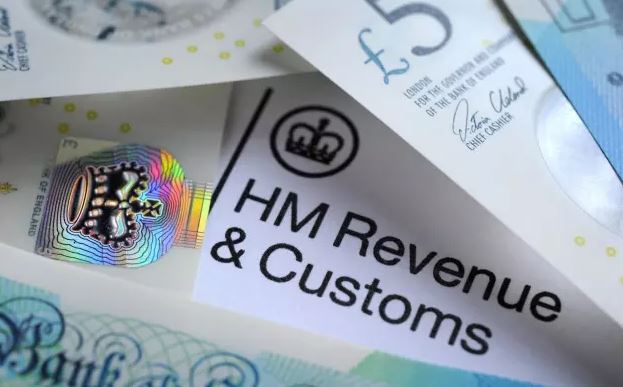The way businesses file Value Added Tax (VAT) returns has now changed, as part of Making Tax Digital (MTD). HM Revenue and Customs (HMRC) is urging businesses in your sector to join over 1.7 million taxpayers who are already benefitting from MTD to make the change. From 1 April 2022, MTD for VAT became mandatory for all VAT-registered businesses, regardless of turnover. This means businesses need to keep digital business records, sign up to MTD and file all their future VAT returns using MTD-compatible software. If they do not file their VAT returns through MTD, they may have to pay a penalty. Even if a business currently keeps digital records, they must check their software is MTD compatible and sign up for MTD. MTD’s aim is to help businesses get their tax right first time and to support the UK to go digital. More than 15 million returns have been successfully submitted through MTD, with businesses reporting that MTD has increased their confidence in managing their tax affairs and using technology. There is a range of compatible software products available for VAT, allowing businesses to choose which tools they use to run their business and tax affairs. A list of software compatible with Making Tax Digital for VAT, including low-cost options, is available on GOV.UK. HMRC has continued to work with smaller businesses below the £85,000 VAT threshold to ensure they are ready and to remind them of the actions they need to take. A range of accessible help is available online through GOV.UK, webinars and videos as well as through HMRC’s Extra Support Service. Giles McCallum, Director of Making Tax Digital at HMRC, said: “We continue to support those businesses who have yet to sign up and are encouraging traders in the construction sector to help them make the change to Making Tax Digital. Using MTD helps businesses reduce errors, making it faster to prepare and submit returns. “In order to gain benefit from MTD and to avoid any penalty as many others have already, we urge all businesses to sign up to MTD now.” Federation of Small Businesses National Chair Martin McTague said: “MTD software can improve productivity and open up opportunities to tighten internal processes beyond just the tax side of things. Even if you’re not obliged to be a part of MTD at the moment, it’s worth looking into different platforms, especially now Help To Grow Digital is live. If you’re an FSB member, we can help you get up to speed in this area.” To comply with MTD for VAT, businesses or an agent on a business’ behalf need to take three simple steps: If a business hasn’t signed up to MTD yet, they must do so before they submit their next VAT return otherwise they could receive a penalty. Find out how to sign up on GOV.UK. Agents can sign up on behalf of a business, although businesses remain responsible for meeting their VAT obligations. Details on how to avoid being charged a penalty can be found here.







